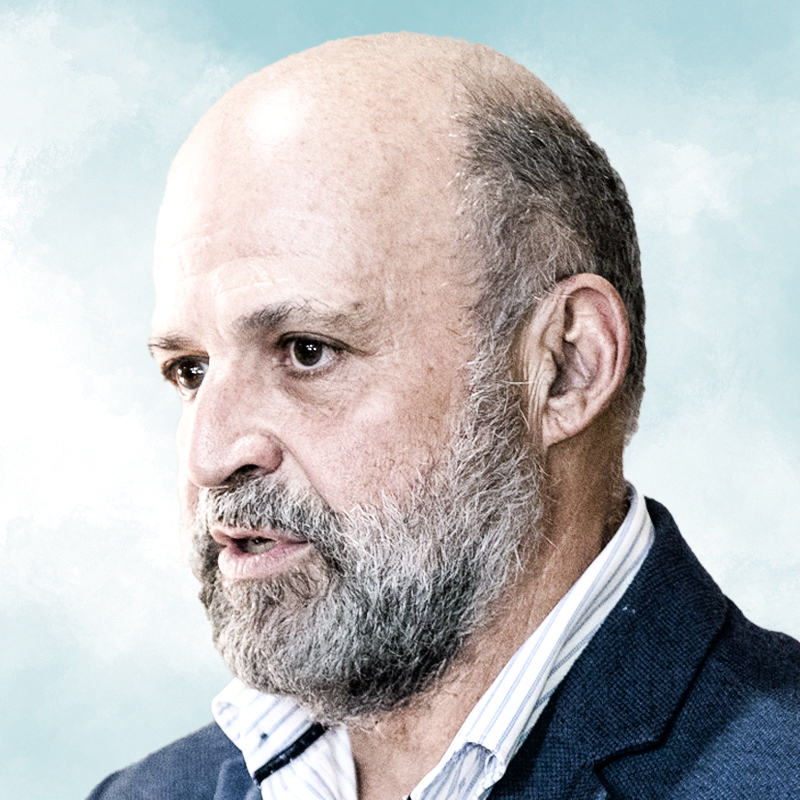Carlos Manuel Rodríguez is CEO and chairperson of the Global Environment Facility, the world’s largest trust fund for environmental protection. In August, GEF launched a new fund, with contributions from Canada and the U.K., which will be applied specifically to financing the implementation of the Kunming-Montreal Global Biodiversity Framework,
What is the single most important action you think the public, or a specific company or government, needs to take in the next year to advance the climate agenda?
There is not a single country today that invests more in protecting nature than it spends on activities that destroy it. This has to change. Governments should phase out all subsidies, incentives, and policies that financially support carbon emissions coming from different sectors. Once this is done, it is time to make plans to decarbonize, identify climate adaptation needs, and align the full range of public and private investments with the Paris Agreement. But unless and until the negative subsidies go away, we will not be able to make a positive difference about climate change or nature loss.
What sustainability effort do you hope will gain popularity with the general public this year, and why?
Alongside the Paris Agreement, I hope to see the Global Biodiversity Framework take center stage as a public priority this year. This agreement, reached in Montreal, lays out a path to relieve the enormous pressure humans are putting on wild spaces and species. Countries have agreed to protect 30% of the land and ocean, to sustainably manage biodiversity, to reduce ecosystem loss, and to redirect funds towards the restoration of nature. This year also yielded a historic deal to protect biodiversity in the high seas. These are very positive steps that need attention and follow-through.
What is a climate technology that isn’t getting the attention or funding it deserves?
The best climate technology is nature itself. Scientific evidence tells us that intact forests, wetlands, mangroves, and green corridors are powerful tools to mitigate climate-change impacts. Cities from Asuncion to Kigali to Chennai are infusing nature in their urban planning with extremely positive benefits. Regenerative agriculture practices such as planting cover crops and reducing tilling can likewise reduce emissions, support habitat and species diversity, prevent erosion, and improve water quality. Nature is a tremendous force for good when we create the conditions for it to thrive. For me this is the biggest source of hope there is.
- The 100 Most Influential People of 2024
- How Far Trump Would Go
- Why Maternity Care Is Underpaid
- Scenes From Pro-Palestinian Encampments Across U.S. Universities
- Saving Seconds Is Better Than Hours
- Why Your Breakfast Should Start with a Vegetable
- Welcome to the Golden Age of Ryan Gosling
- Want Weekly Recs on What to Watch, Read, and More? Sign Up for Worth Your Time
